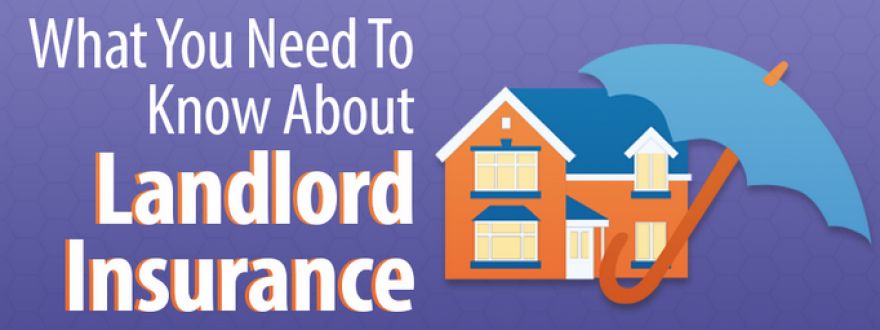
Property investors who lease homes, condos and apartments to tenants often purchase landlord insurance to protect those investments. If you are a new owner of a rental property, or you want to compare landlord insurance quotes to find a better deal, the following information and tips may help you.
First and foremost, know that an independent agent in your area can help you compare quotes and obtain the right coverage for your property. No two rental properties are alike, and it is important to get the right level of coverage based on your specific risks and the type of real estate you own. You can find an agent in the Trusted Choice® network to get customized landlord insurance quotes and all the information you need to make an informed decision.
Basic Landlord Insurance Coverage
You might think of this policy as homeowners insurance for landlords. As with homeowners insurance, your policy will cover the structure itself, in the event that it is damaged by any number of causes, such as storms, fire or malicious acts. The policy will also typically provide liability protection to cover injuries to anyone on the premises in the event that these injuries are deemed to be your fault or the result of negligence on your part.
A basic landlord insurance policy will typically include:
- Building insurance for damage to structures such as the rental home or apartment complex, as well as sheds, garages, fences, retaining walls and swimming pools. Building coverage also usually includes any gardening and maintenance tools and equipment you personally own for maintaining the property.
- General liability coverage for accidents and injuries that may occur on the premises.
One key difference between home insurance and insurance for landlords is that you typically do not need to insure personal property such as clothes and jewelry. Because your tenants are responsible for insuring their own belongings with renters insurance, your coverage does not need to include personal property insurance, except to cover tools and other items associated with your property maintenance.
If, however, you are leasing a furnished home or apartment, you will need to purchase contents coverage for the belongings in the leased space.
Additional Coverage to Consider
While a basic policy will cover many of the typical problems and claims you may face as a real estate investor and landlord, here are some additional types of coverage to consider:
- Coverage for legal fees: If you do have a legal claim filed against you, there are many costs that can potentially be associated with such an event. Legal fees alone can be enough to put many landlords out of business. Your liability coverage is designed to help you cover the cost of litigation.
- Coverage for loss of rent: This coverage will help you to replace the rental income you may lose in the event that your building becomes uninhabitable due to fire, flood, or damage caused by a tenant.
- Additional rental business insurance: For example, if you have office staff that handles books, records and accounting, you may want business fraud coverage.
- Umbrella liability: Umbrella liability insurance exists because even when you have the best intent and follow best practices, injuries can still happen. An umbrella policy can provide broader liability coverage with higher limits to help cover unforeseen bodily injurieis, property damage and legal claims.
- Workers comp: If you have a staff that maintains the grounds or provides building maintenance, you may need workers compensation for your employees.
- Additional natural disaster coverage: Some but not all types of storm damage may be included in your landlord insurance policy. Be sure to read through your policy carefully to determine which types of disasters are covered, and ask your agent to help you determine if additional riders make sense. If you live in a flood zone, for example, you may want to add flood insurance.
-
Five Tips for Lowering Landlord Insurance Rates
- Compare quotes with an independent member agent in the Trusted Choice network who can review policies and options available from multiple insurance companies.
- Ask your agent about property enhancements that can lower your rates. For example, you may be able to get discounts by adding fire sprinklers to all rental units.
- Increase your deductibles. Rather than reducing coverage to save money, ask for a higher deductible, which will lower your premium while keeping you protected.
- Ask your agent whether bundling is available. Many agencies bundle multiple policy types, which can reduce your premiums. Not all will bundle business insurance policies with personal policies.
- Keep your property well-maintained to avoid risks to your renters and to your property. Avoiding claims in the first place can potentially help you save money on your landlord insurance.
-
For more information, see our Landlord Insurance Deals page.
When you need landlord insurance quotes, we can help. The Trusted Choice network includes over 300,000 business owners, employees and agents nationwide who provide individuals and business owners with dedicated, customer-focused service.
